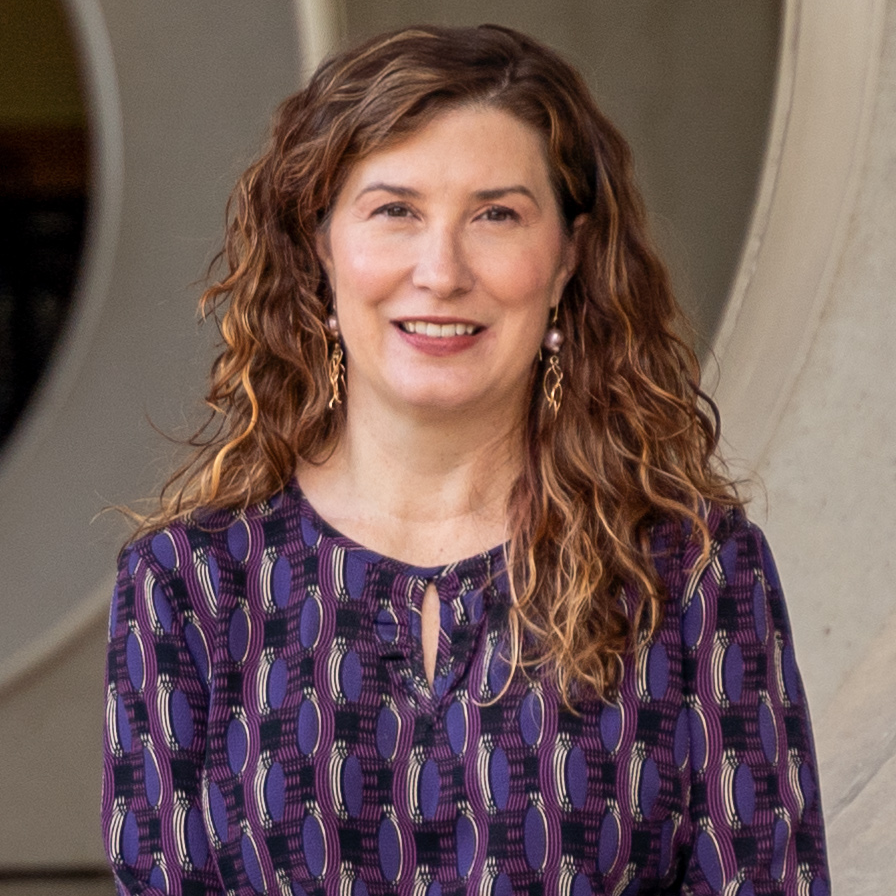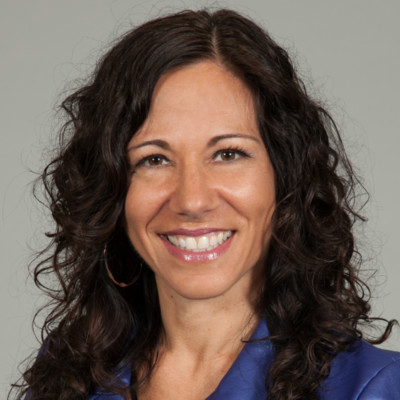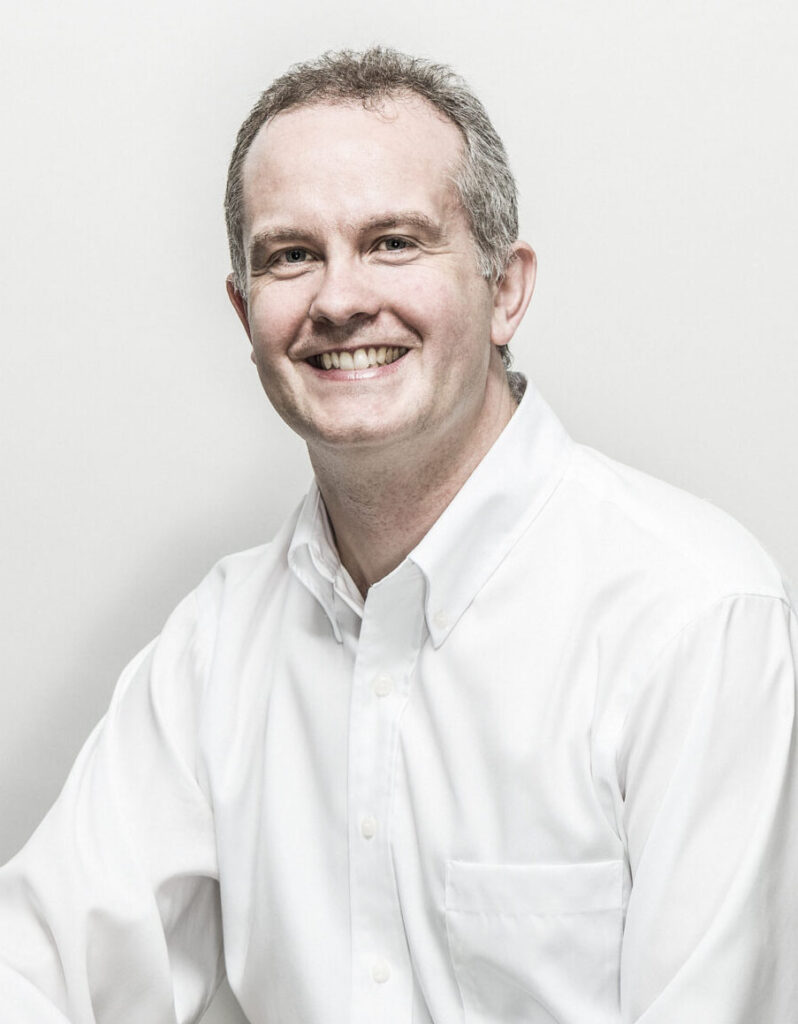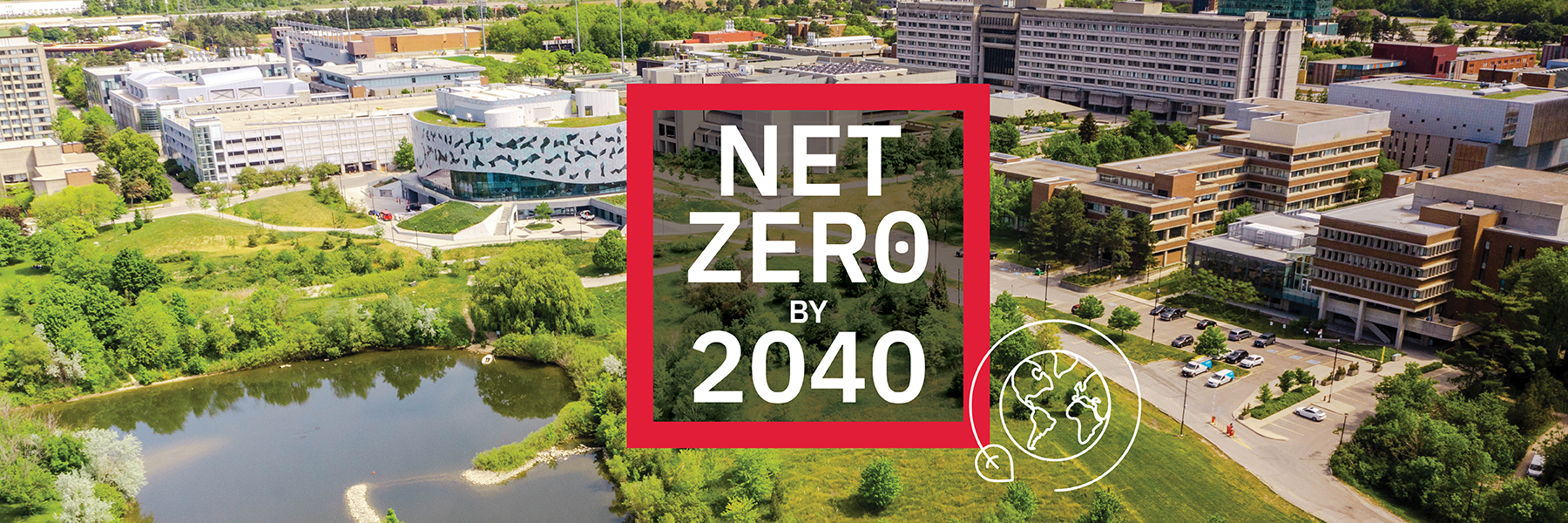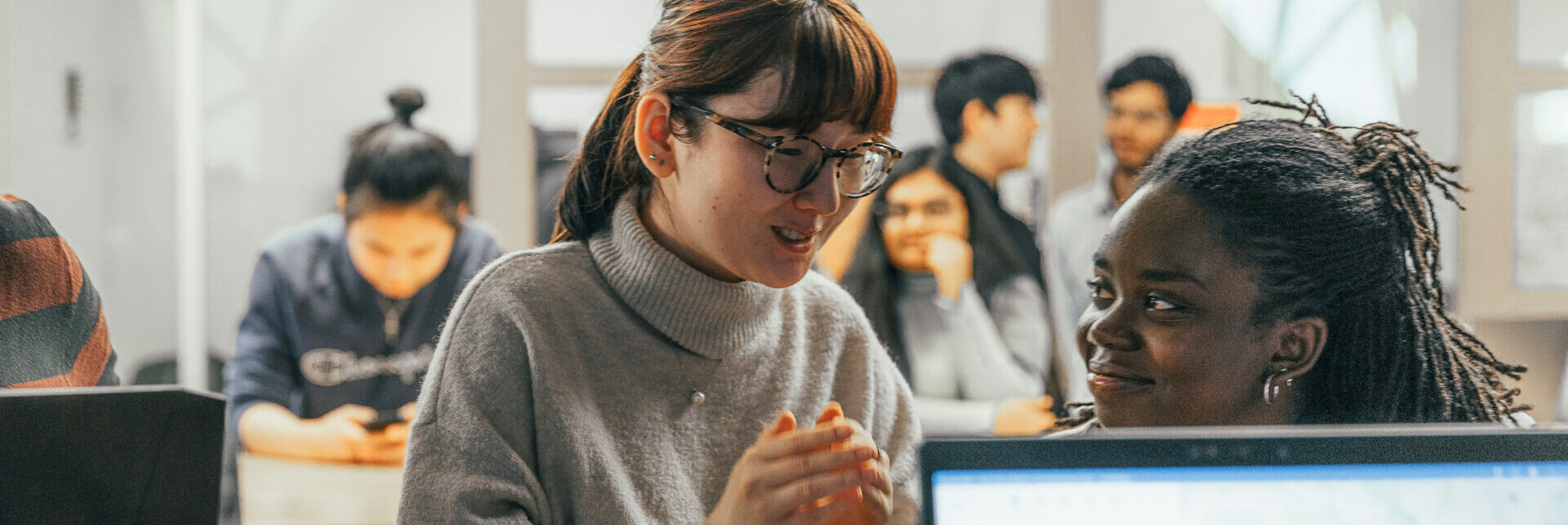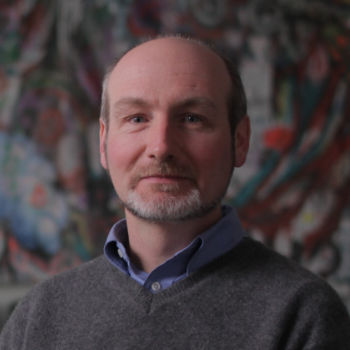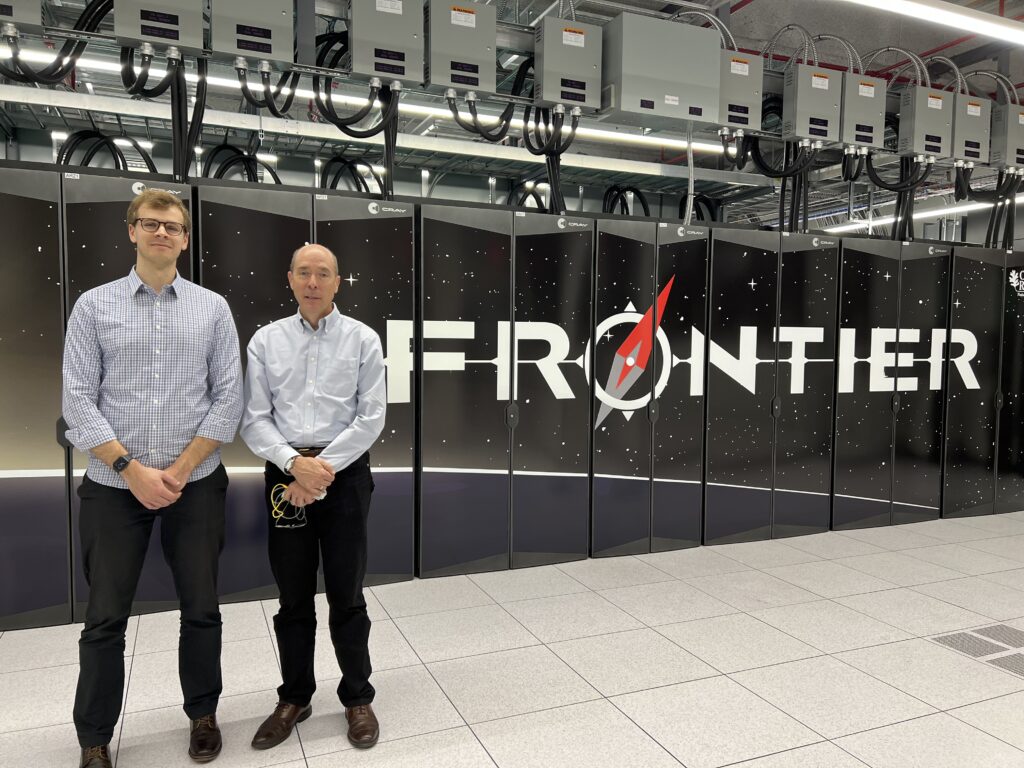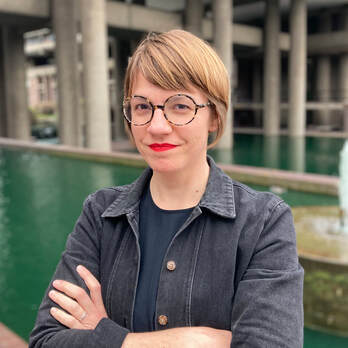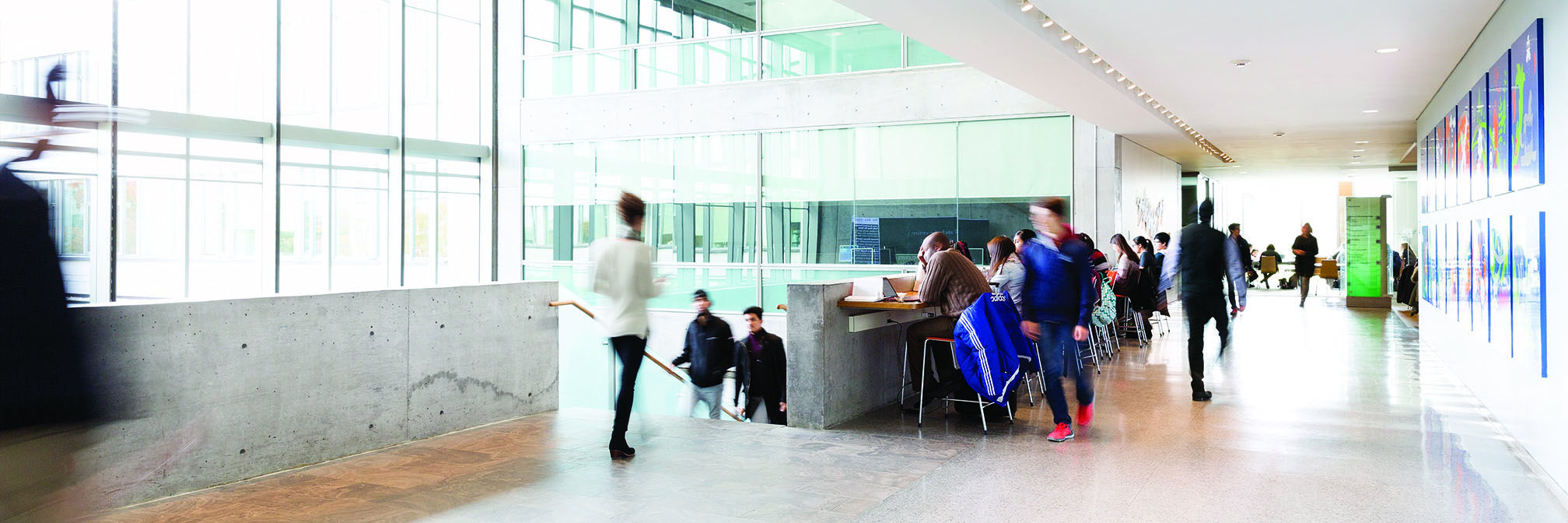York Professor Burkard Eberlein, from the Schulich School of Business, set out to reduce the University’s carbon emissions in his 2021-23 Provostial Fellowship.
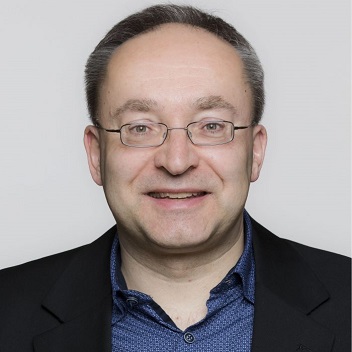
Through the program, Fellows have traditionally engaged the community to take action on the United Nations Sustainable Development Goals (SDG) Challenge – a key commitment of the University Academic Plan.
Eberlein’s project, “Advancing Carbon Neutrality at York: Reimagining Mobility,” took aim at reducing emissions from commuting and travel to studying, research and carrying out University business activities.
In 2022, Eberlein surveyed York community members about their travel and commuting routines, and this year he released a video highlighting the University’s current carbon footprint with a call to action suggesting how community members can help reduce it.
Here’s a look at the inspiration behind his work.
Q: What was the thinking behind creating this video and what did you hope to achieve?
A: I was looking for engaging and fun ways to communicate my findings to the wider community. I wanted this to be something we could all relate to and that would work as a call to action.
I worked with Alexandre Magnin, a francophone illustrator, who produced this animated video (available in English and French). Alex has a YouTube channel called “Sustainability illustrated” and he does excellent videos on sustainability that I have used before in my teaching. I provided the script and Alex produced this fantastic work to engage the community in thinking about ways they can help York achieve its net zero before 2040 target.
Q: What are some concrete ways community members can make an impact?
A: First thing, just be more mindful of the choices that you make when it comes to commuting and travel. Many of us have habits and routines that we can examine more closely. For example, if you’re driving to campus regularly, are there ways you can set up a car pool with colleagues or classmates? This would be a small but meaningful, positive change.

Below are some concrete steps that people can take, along with advocating to get more community members involved:
- Taking the bus or the subway can reduce emissions by around six (bus) and 30 (subway) times compared to driving alone.
- Walking and biking generate virtually no emissions and York is investing in bike share programs.
- Driving an electric car typically generates a third of the emissions compared to fossil fuel vehicles.
- When driving a car, the more people in it the more efficient it becomes.
- Make your business travel count and consider whether you can deliver a presentation remotely or think about conference travel sustainably.
Q: What is your biggest takeaway or lesson learned from this project?
A: Change is hard and it requires both passion and perseverance. Begin with small steps and make sure to involve all of your fellow community members and partners. By coming together, we can show what is possible to right the future.
Eberlein is co-chair of the Transportation Working Group that will develop proposals in this area (e.g. York business travel policy), in the context of York’s new sustainability framework. He is also looking forward to sharing his comprehensive slide deck and report on how York can reduce carbon emissions from commuting and business travel when it is officially released.
Learn more about Eberlein’s work as a curricular champion to support the UN SDGs and his work to engage students in reducing York’s carbon footprint.
Watch the video here:




